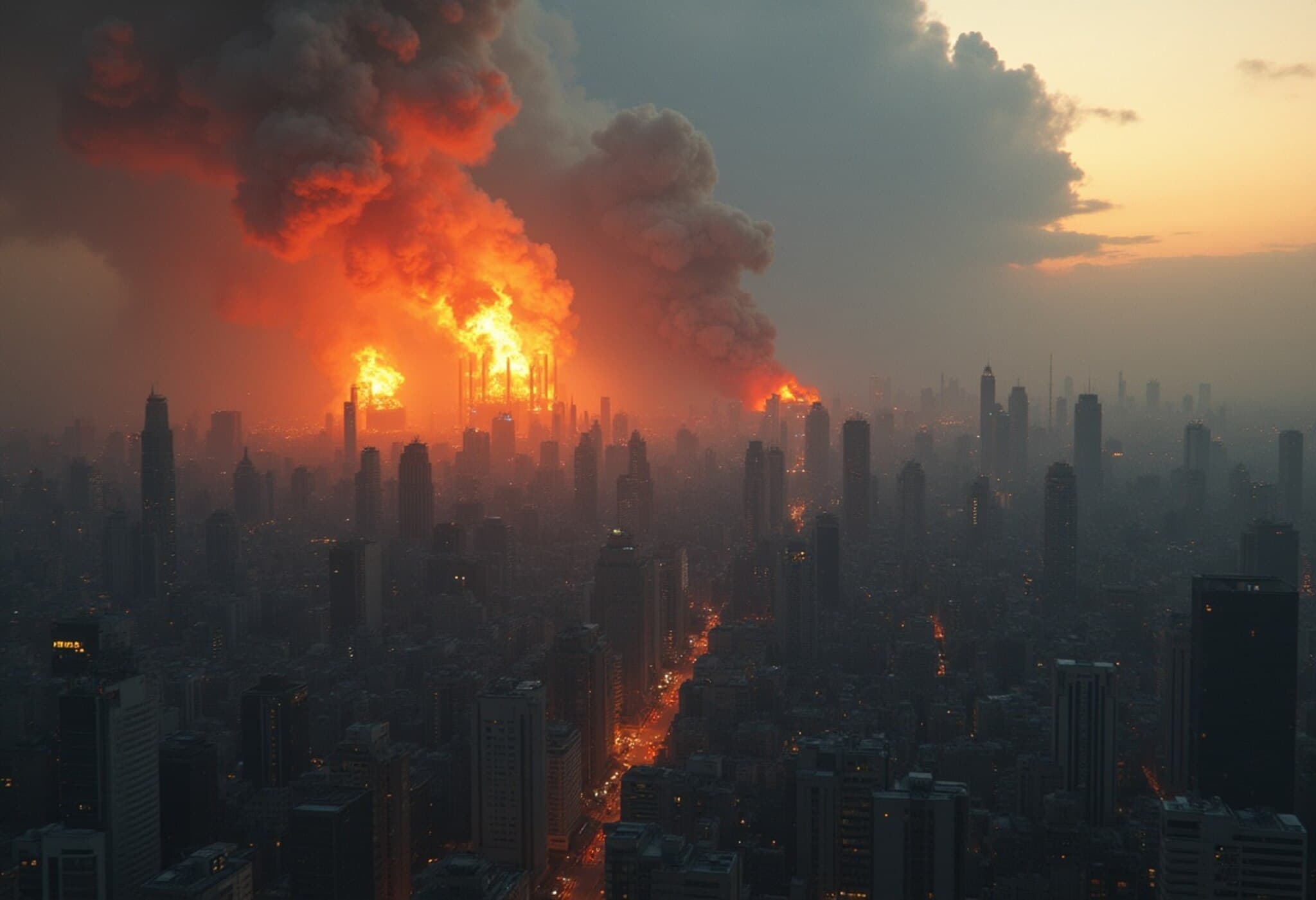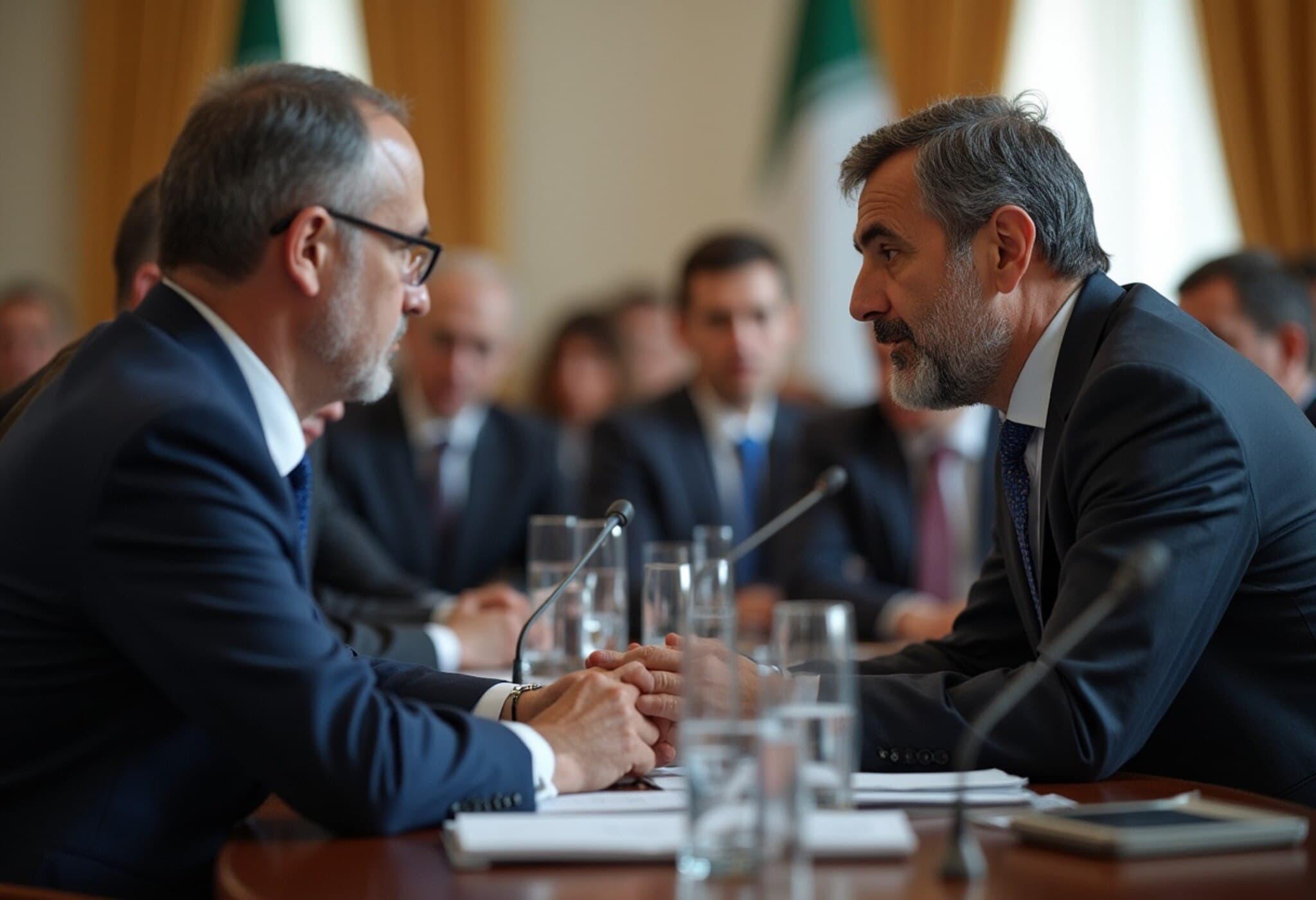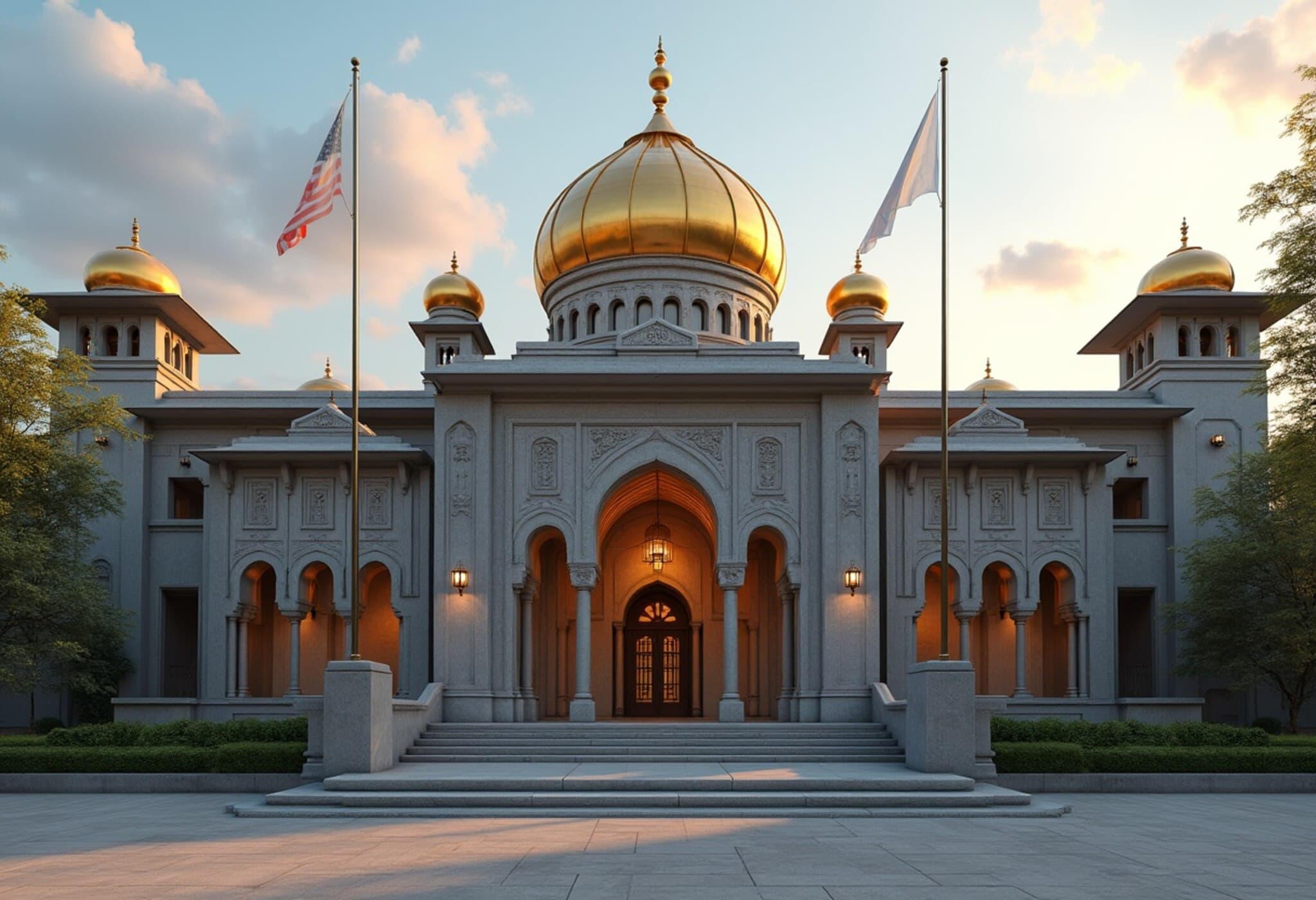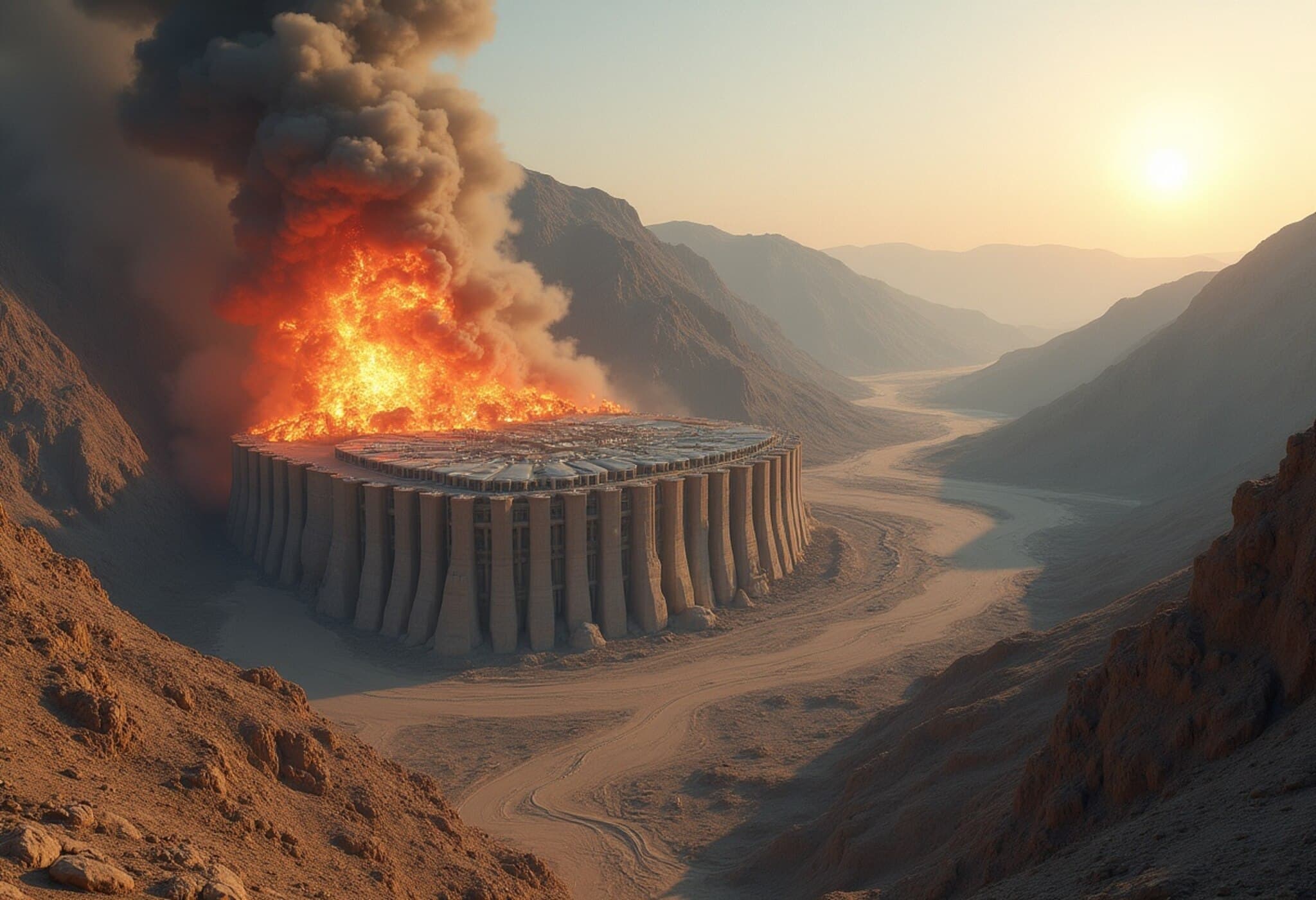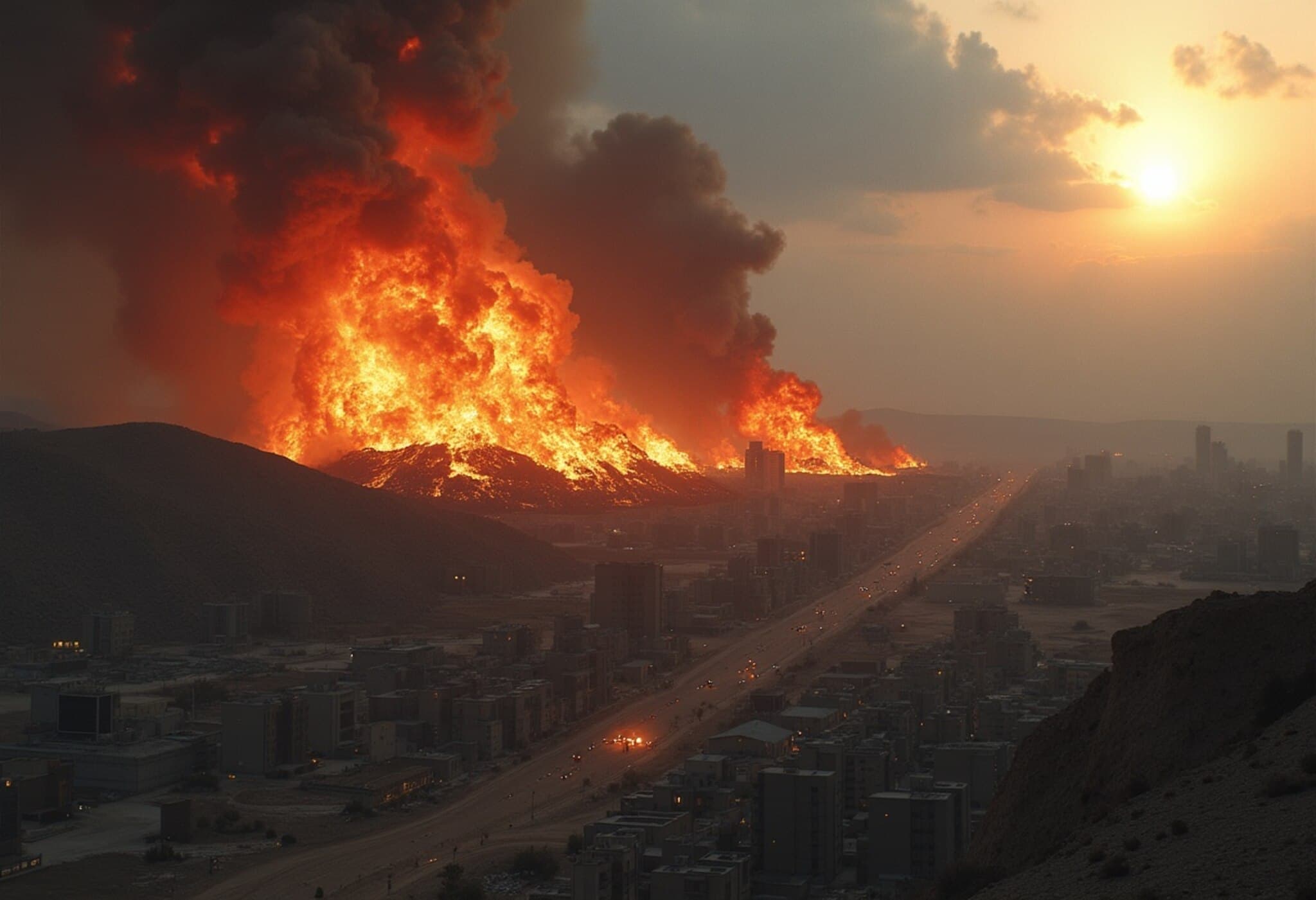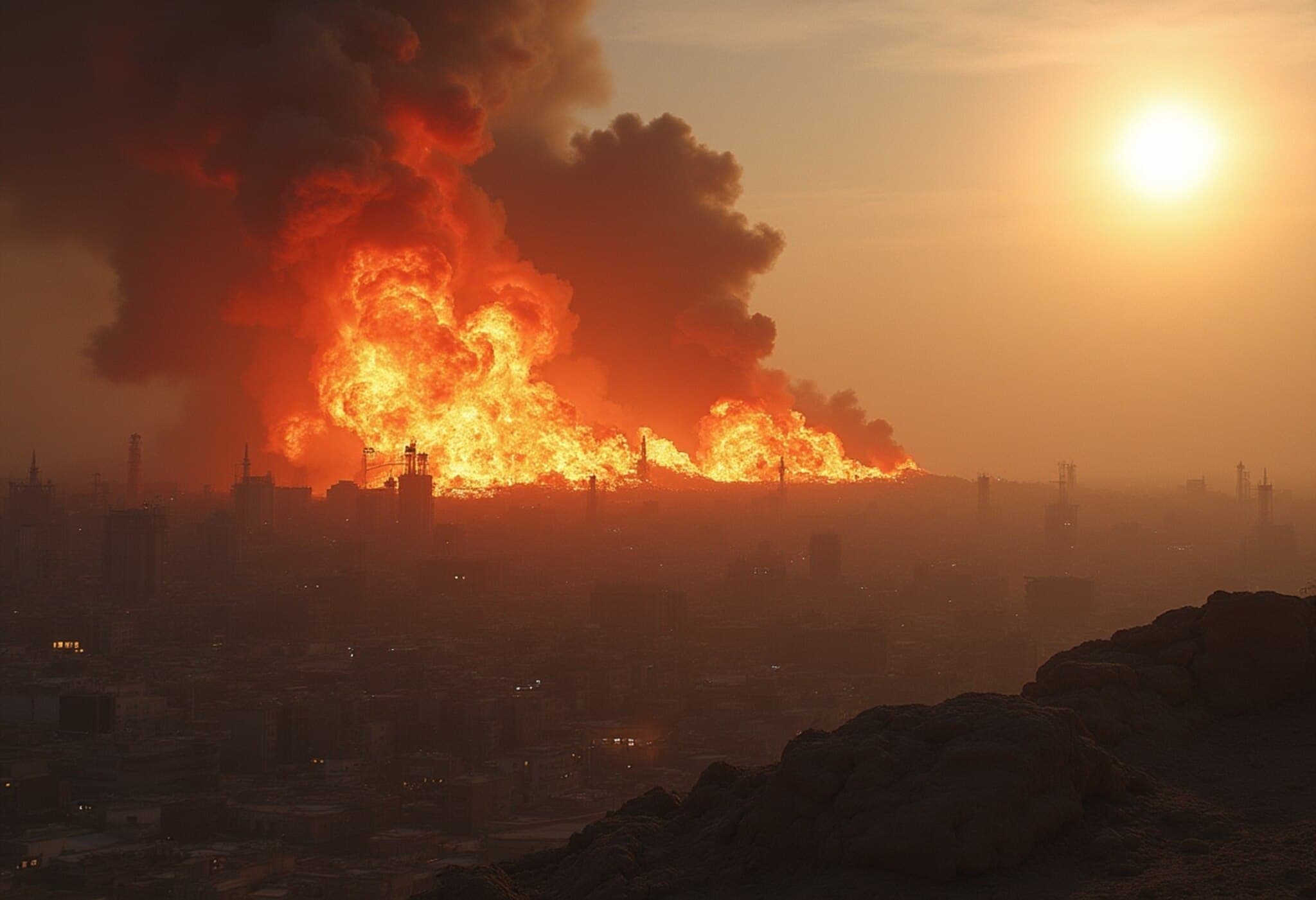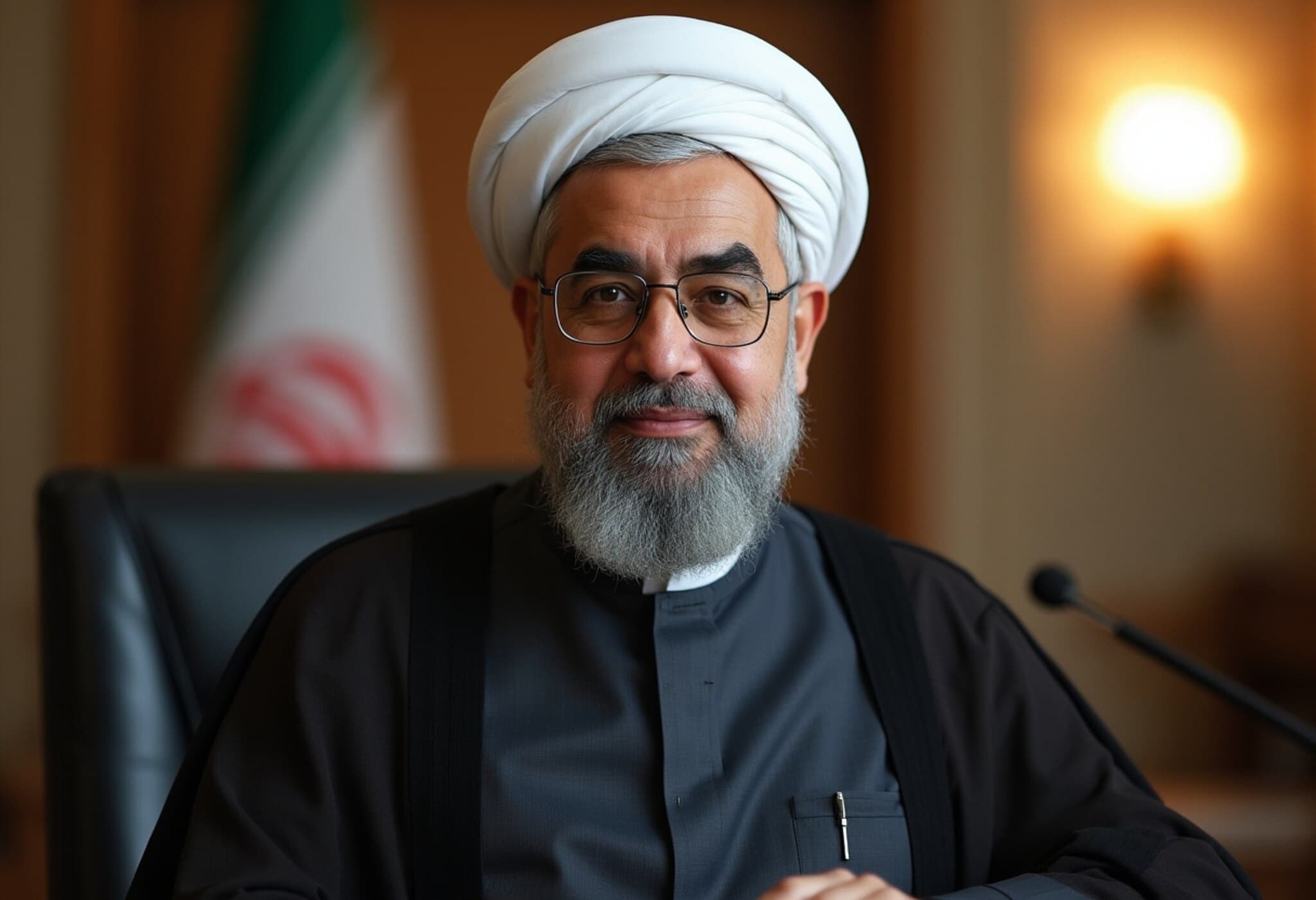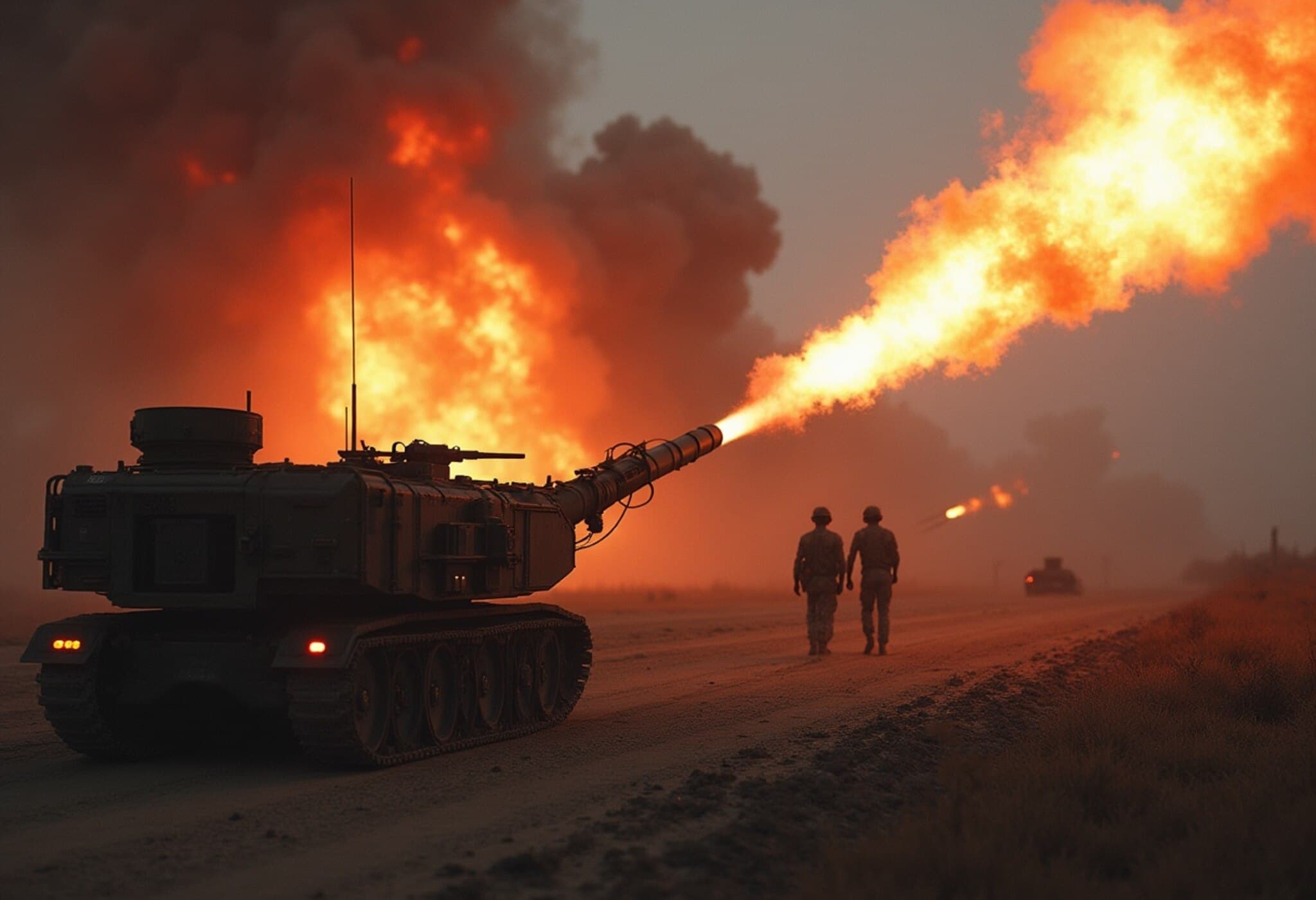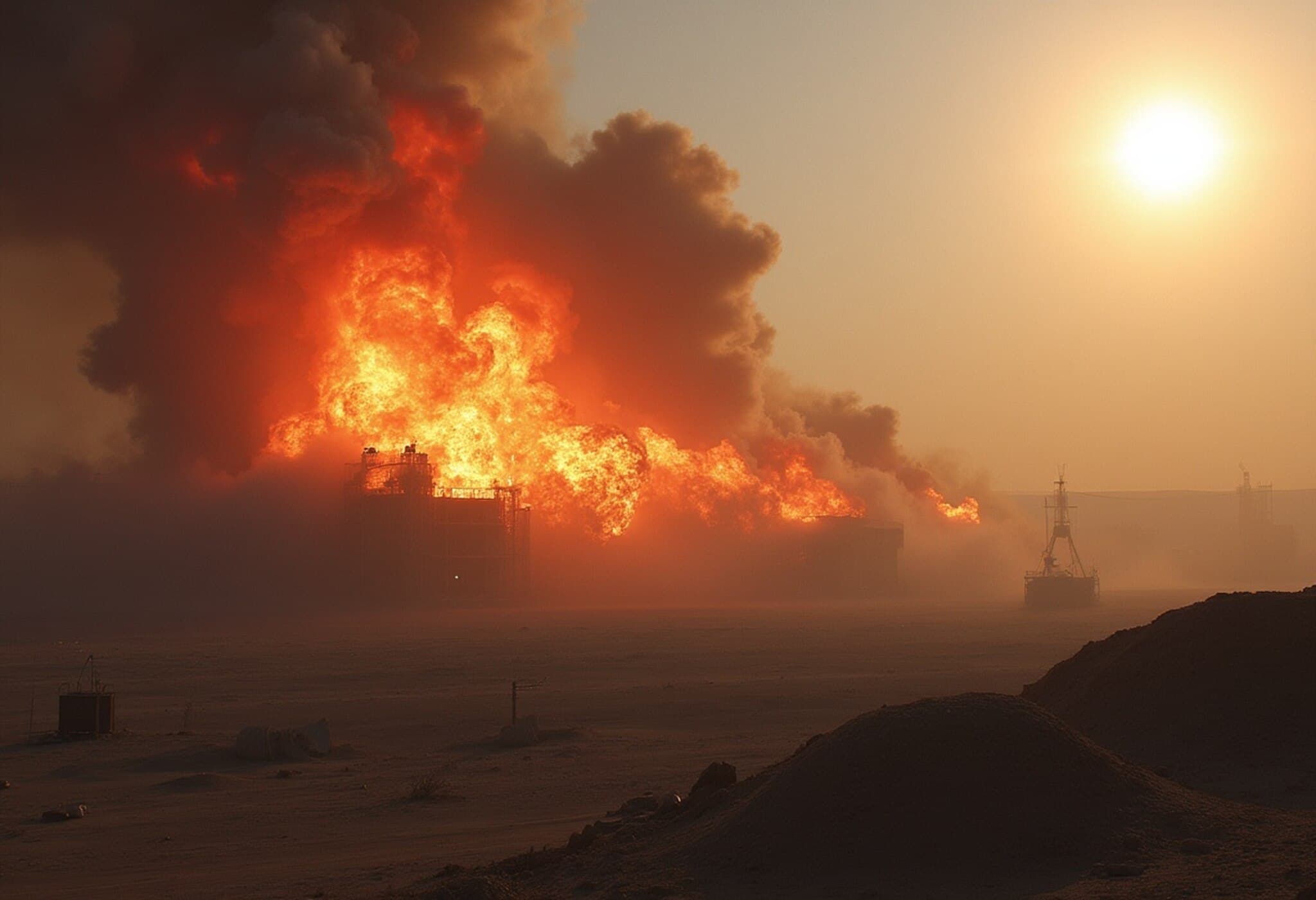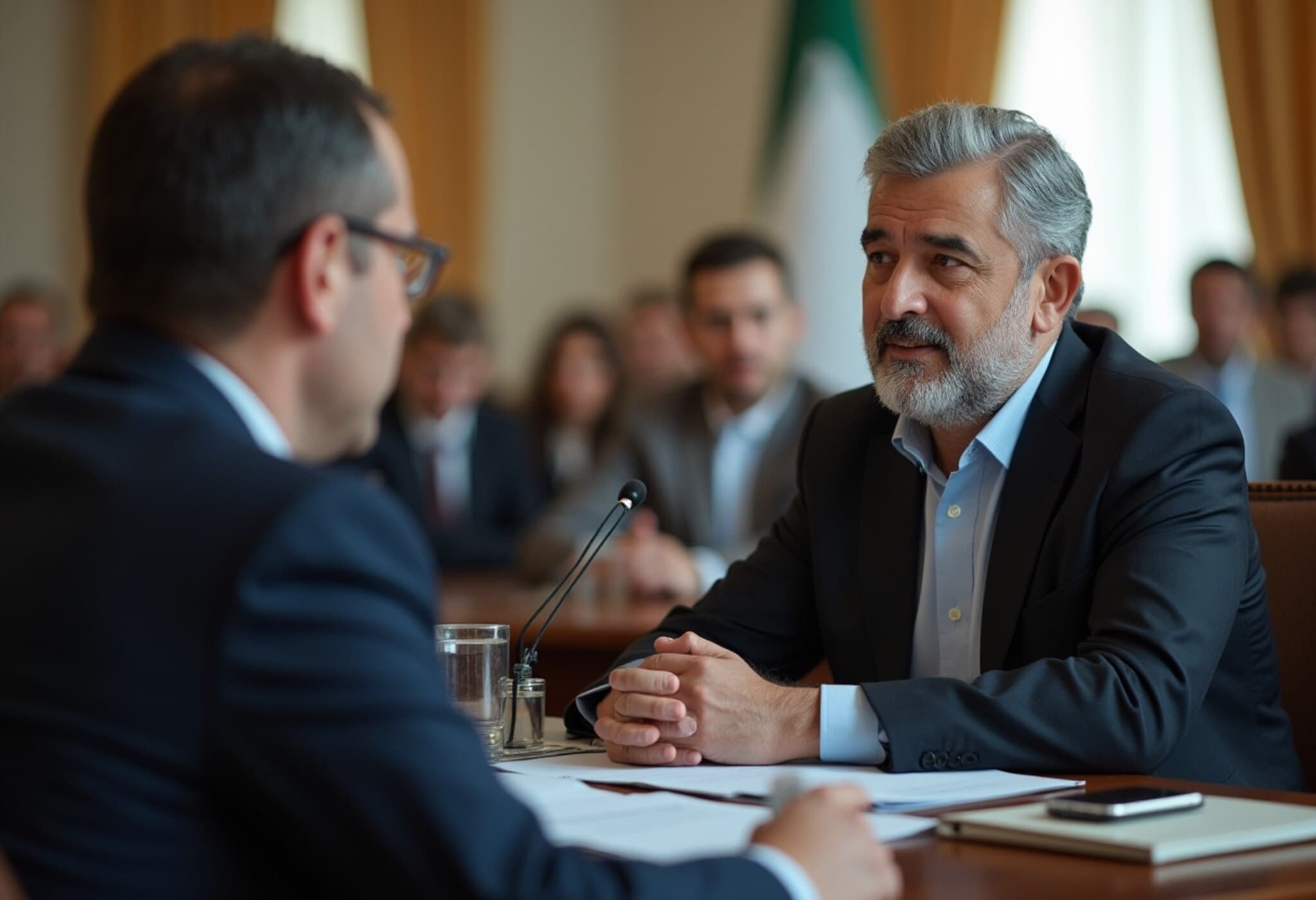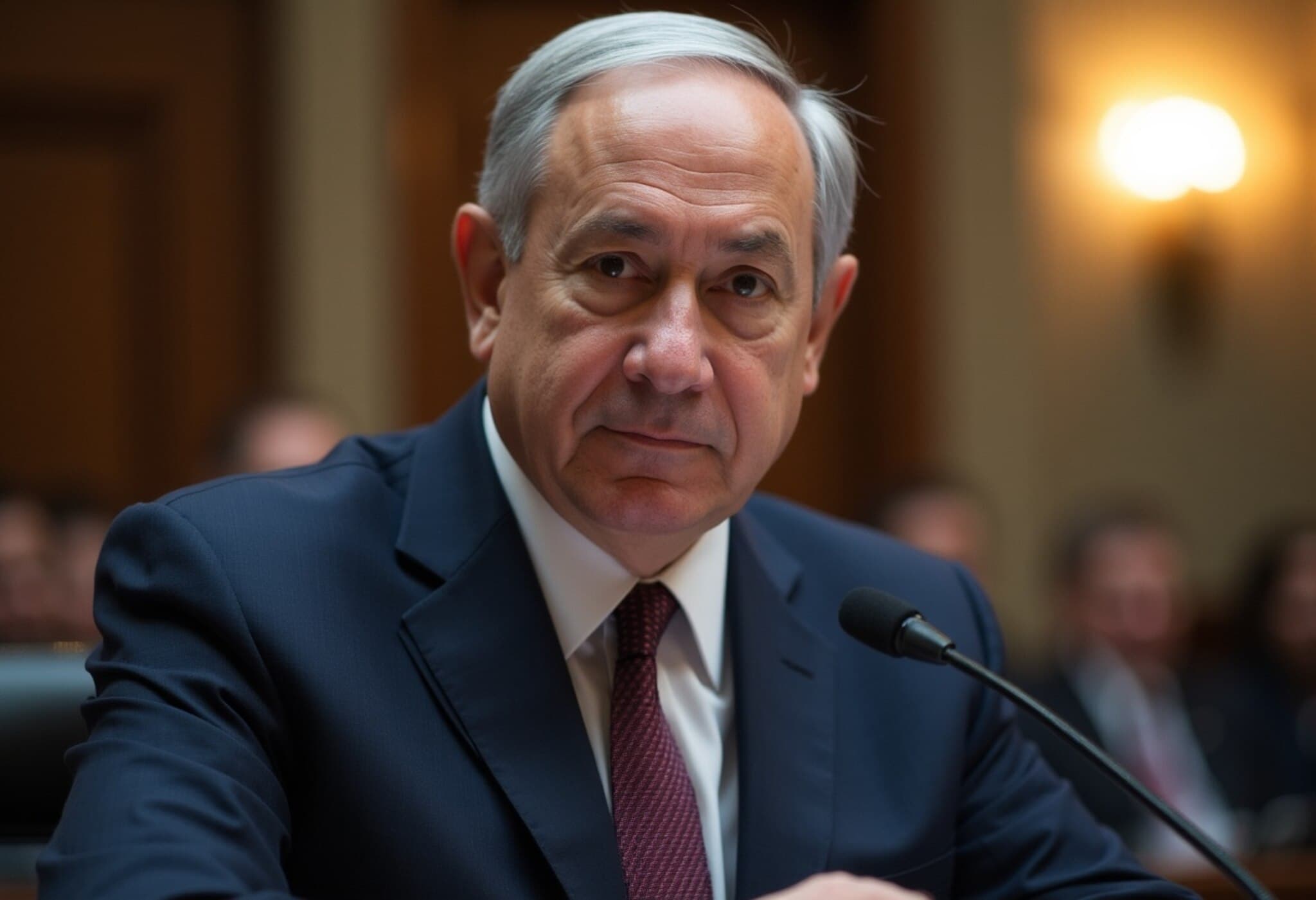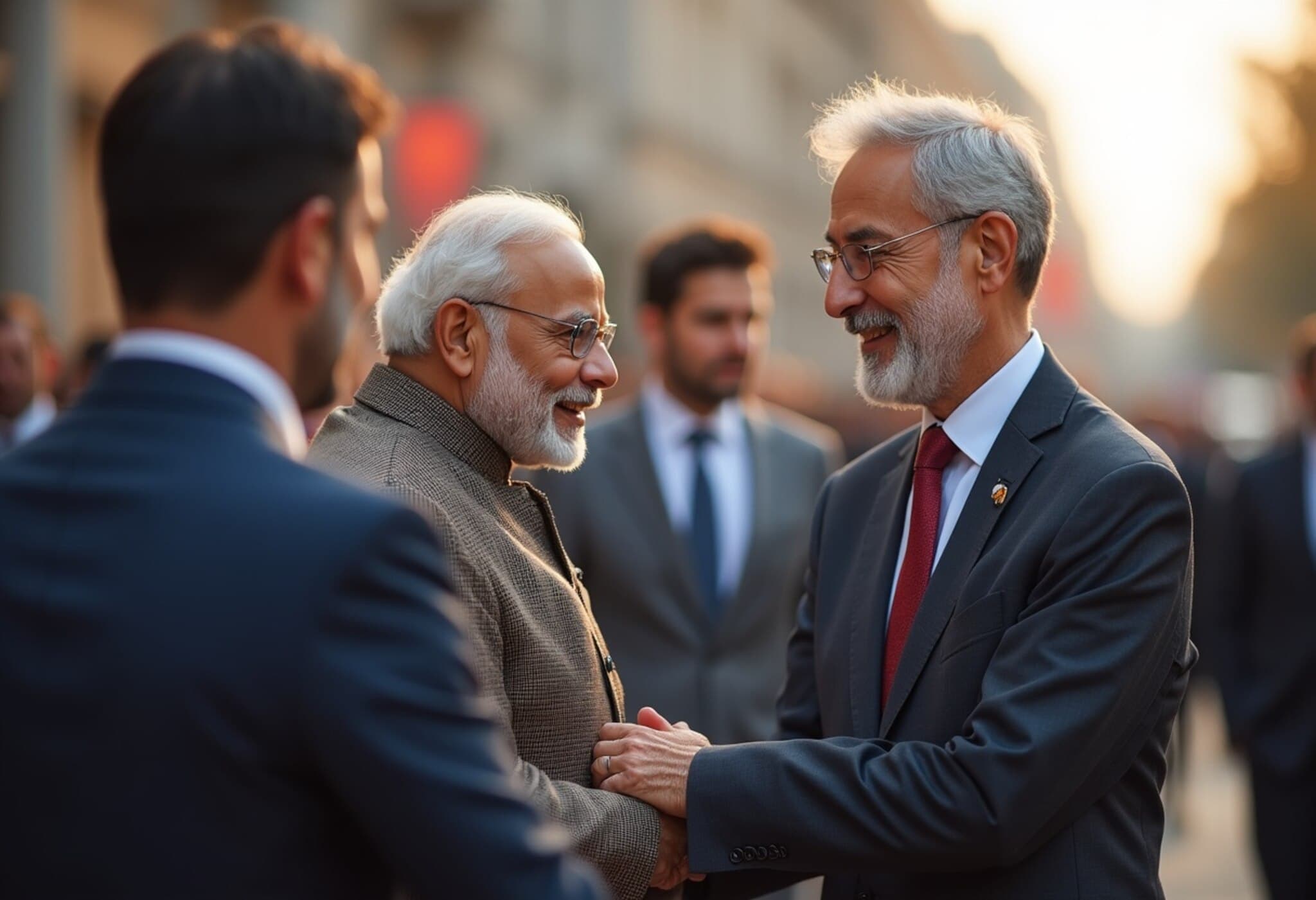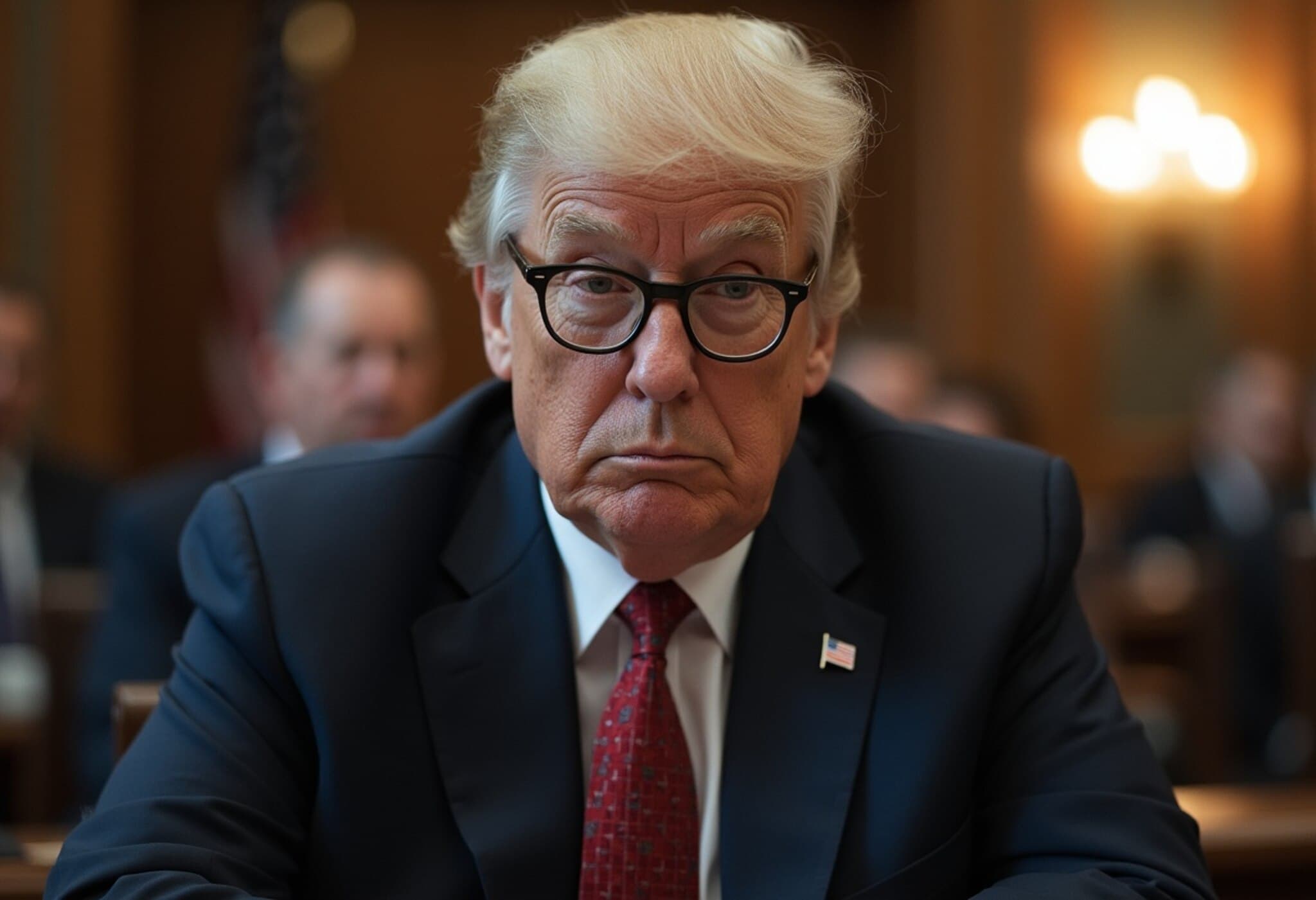Iran Welcomes IAEA Technical Team to Discuss Nuclear Oversight
In a significant diplomatic development on July 23, 2025, Iran confirmed it would permit a delegation from the International Atomic Energy Agency (IAEA) to visit Tehran in the coming weeks. The announcement came amid heightened global scrutiny following recent strikes attributed to the United States and Israel targeting critical elements of Iran’s nuclear infrastructure.
Diplomatic Talks Focused on Modality, Not Site Inspections
Deputy Foreign Minister Kazem Gharibabadi clarified the visit’s scope, emphasizing that the IAEA team will discuss the modalities of cooperation rather than conduct site inspections. Speaking from New York during United Nations meetings, Gharibabadi stated, “The delegation will come to Iran to discuss the modality, not to go to the (nuclear) sites.” This approach appears to balance Iran’s desire for sovereignty and security concerns with international calls for transparency.
The Stakes: Restoring Trust Amidst Recent Strikes
The backdrop to this visit involves a series of airstrikes in June carried out by Israel and the US under the operation codenamed 'Midnight Hammer,' aimed at disrupting Iran’s nuclear program. These targeted attacks damaged key nuclear facilities, complicating the IAEA’s mission to verify Iran’s stockpiles of enriched uranium and other nuclear materials.
IAEA Director General Rafael Grossi has been actively engaging with all stakeholders to navigate these tensions. The agency’s urgent call to restore access to nuclear facilities underscores the critical role of inspections in preventing nuclear proliferation.
Iran’s Position: Peaceful Nuclear Intentions Amid Damage Assessment
Iran continues to assert that its nuclear program is solely for peaceful purposes and denies any intention of developing nuclear weapons. However, assessing the full impact of the recent strikes has been challenging due to safety concerns related to potential radiation exposure.
According to Gharibabadi, Iran’s Atomic Energy Organization is currently evaluating the damage and has yet to finalize a report. He noted, “We do not know what has happened there… because of the risks of the radiation.”
International Concerns and Underreported Challenges
A major point of contention remains the whereabouts and status of approximately 400 kilograms of highly enriched uranium. The IAEA has not received clear updates from Tehran regarding this material, fueling international apprehension about compliance and transparency.
Experts emphasize that without reliable verification and inspection regimes, trust between Iran and the global community remains fragile. The reluctance to share detailed information, compounded by recent military interventions, raises critical questions about the next steps for diplomacy and security.
A Complex Negotiation Landscape
Deputy Foreign Minister Gharibabadi will soon meet with representatives from Britain, France, and Germany in Istanbul—key European signatories of the 2015 Joint Comprehensive Plan of Action (JCPOA). This agreement, which the US exited in 2018, originally linked sanctions relief to limits on Iran’s nuclear activities.
Alongside these multilateral talks, Iran and the US have engaged in five rounds of indirect negotiations mediated by Oman since early 2025. Observers note these discussions are critical yet strained as both sides navigate issues of trust, verification, and regional security.
Expert Commentary: Navigating Between Sovereignty and Global Security
The unfolding situation highlights the delicate dance between Iran’s sovereign rights and the international community’s imperative to prevent nuclear proliferation. While Iran’s invitation to the IAEA technical team signals a willingness to communicate, the limited scope indicates deep-seated mistrust.
From a US and Western perspective, ensuring uninterrupted inspection access is essential to guard against potential weaponization. Conversely, Iran’s insistence on safeguarding its installations reflects broader geopolitical concerns and internal political pressures.
In light of continued covert actions and public accusations, experts warn that addressing nuclear issues without escalating regional tensions requires cautious diplomacy backed by transparent mechanisms.
Looking Forward: What’s at Stake?
- Verification of nuclear materials: Clear status updates on Iran’s uranium stockpiles remain critical.
- Resumption of inspections: Technical visits could pave the way for more comprehensive oversight.
- Diplomatic engagement: Upcoming talks in Istanbul may test the viability of relaunching the JCPOA or crafting new frameworks.
- Regional stability: Continued covert operations risk destabilizing an already volatile Middle East environment.
Editor's Note
This development underscores the complex interplay between national interests and international security regimes. Iran’s agreement to host an IAEA technical delegation, though limited in scope, may represent a cautious step toward rebuilding dialogue and transparency after a period marked by covert strikes and stalled negotiations. Nonetheless, critical questions remain about uranium stockpile monitoring and inspection access.
As global powers navigate these sensitive waters, the world watches closely: Can diplomacy restore trust, or will unresolved mistrust further entrench divisions? For policymakers and observers, this episode serves as a poignant reminder that ensuring nuclear non-proliferation hinges not only on technical inspections but also on sustained, genuine engagement amid geopolitical complexity.

